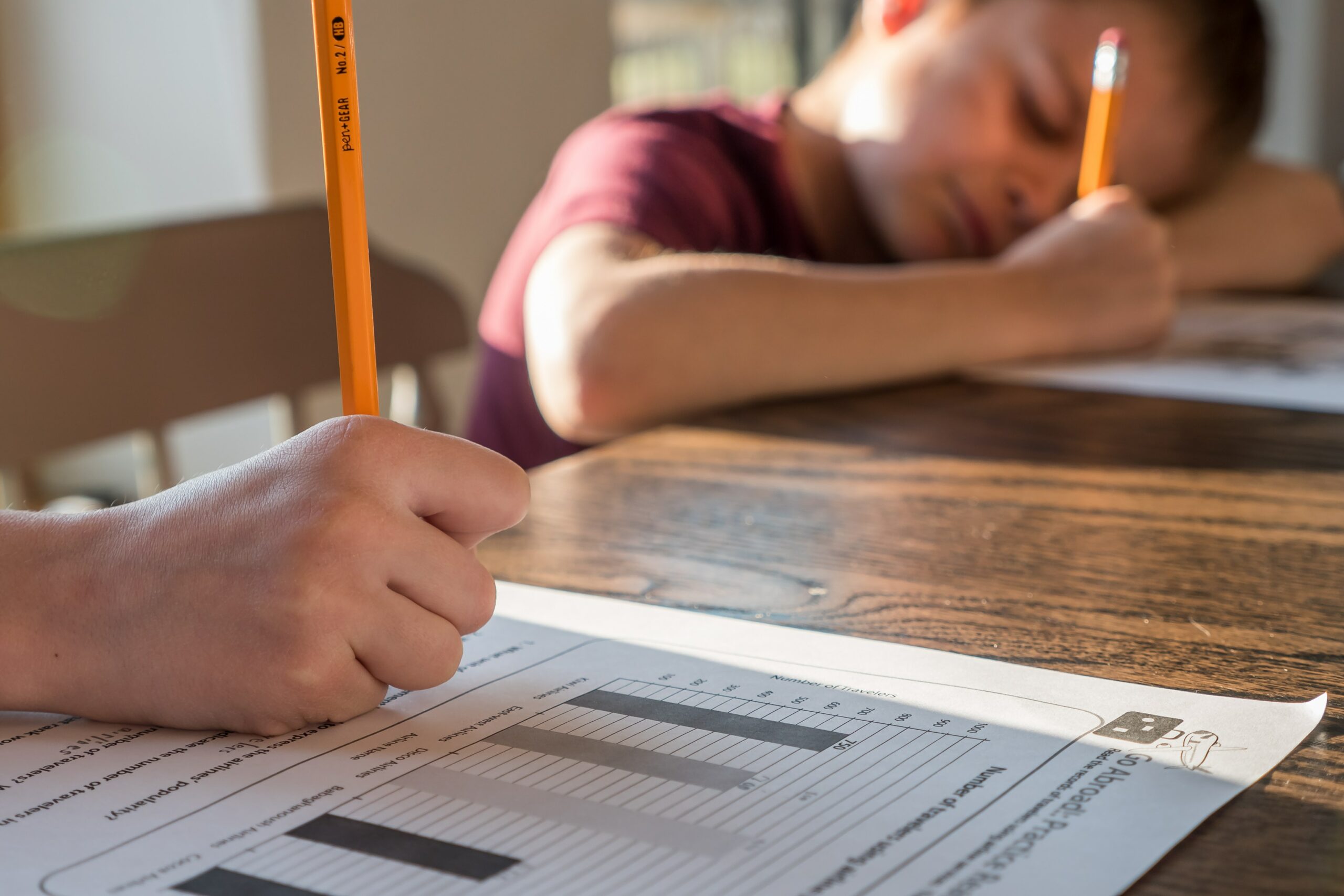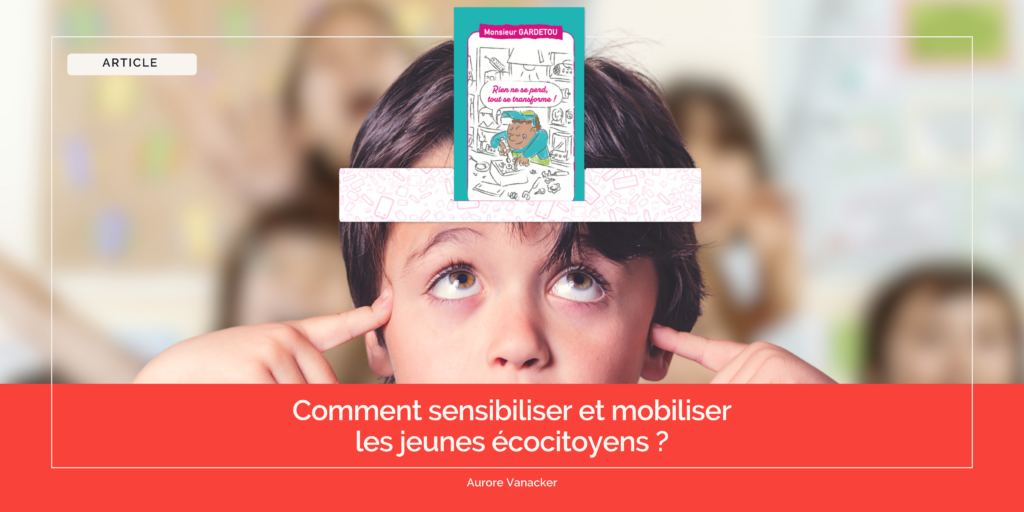The Innocenti 11 report developed by UNICEF on the well-being of children at school places France in 18th position out of 29 countries, far behind Finland and Denmark. Parents are quite satisfied with school in general and with the atmosphere that prevails there. Butwhat about the people who are primarily concerned, i.e. the children?
The children's opinion
We note that 85% of primary school students are satisfied with their school life[1] They like spending time with their friends and feel safe at school. But they find that they have too much work (60%) and that teachers do not encourage them enough (50%). 58% would like teachers to explain difficult points more, for example. Indeed, French pedagogy is centered on highlighting children's mistakes and grades, which generate a certain pressure on students. Students are often afraid of bad marks, of making mistakes in their exercises and of the words in their report cards. This pressure lasts throughout their studies , since the pressure of grading still comes back to students in the university cycle.
Satisfaction drops significantly when the child enters the sixth grade, where he or she must take on new bearings and adapt to a teacher/student relationship that becomes more distant. This teacher/pupil relationship appears to be an important lever in the quality of life of the child through the interactions they establish on a daily basis. The latest report from the Programme for International Student Assessment in 2015 showed that French children, more than elsewhere, consider school to be a waste of time and feel more anxious about math. Children do not feel involved in school life or learning lessons simply becausethey are not solicited by teachers.
What if the child became the actor of his own schooling?
The school is a place of life in its own right in the life of the child. On average, they spend 8 hours a day there. The quality of life in this setting can have a significant impact on a child's academic performance and morale as they develop. Satisfied students cope better and perform better in school. Dissatisfied students are more likely to develop risk-taking behaviors and school refusal.
In this way, allowing young people to participate in school life and putting them back in charge of their own learning would improve these frustrations within schools. Even if it is not up to the children to decide on the functioning of the school today. They can be actively involved through artistic rearrangements and renovations. Or activities during the lunch break to allow each student to appropriate the school and its daily environment in the same way that they decorate their room at home to feel better.
Com' des Enfants is close to the family targets to better understand their expectations and generate their satisfaction.
[1] All figures presented are from Agnès Florin's article, "Are Our Children Happy at School?" - Cerveaux et Psycho n°111 June 2019
















